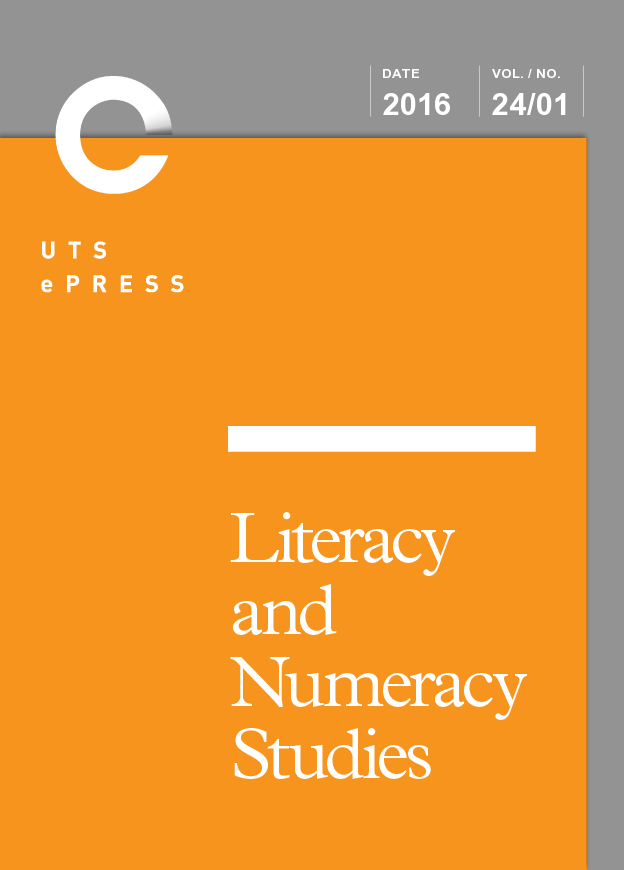Challenging a Statistic: Why should we accept that 60 percent of adult Australians have low health literacy?
Main Article Content
Abstract
This paper briefly considers Australia’s only national health survey published by the Australian Bureau of Statistics (ABS) in 2008 which has been widely referenced within the health sector. The main issue discussed is the use of a criterion level (level 3) to determine the point below which nearly 60 percent of Australian adults can be considered to have inadequate health literacy. The argument is made that this criterion level is arbitrary and statistically unjustified, yet it serves the purpose of presenting health literacy as a ‘crisis’ demanding action, which in turn represents the interests of dominant groups in this globalised, neo-liberal era.
Article Details
Issue
Section
Authors who publish with this journal agree to the following terms:
a) Authors retain copyright and grant the journal right of first publication with the work simultaneously licensed under a Creative Commons Attribution License that allows others to share and adapt the work with an acknowledgement of the work's authorship and initial publication in this journal.
b) Authors are able to enter into separate, additional contractual arrangements for the non-exclusive distribution of the journal's published version of the work (e.g., post it to an institutional repository or publish it in a book), with an acknowledgement of its initial publication in this journal.
c) Authors are permitted and encouraged to post their work online (e.g., in institutional repositories or on their website) prior to and during the submission process, as it can lead to productive exchanges, as well as earlier and greater citation of published work (See The Open Access Citation Advantage Service). Where authors include such a work in an institutional repository or on their website (ie. a copy of a work which has been published in a UTS ePRESS journal, or a pre-print or post-print version of that work), we request that they include a statement that acknowledges the UTS ePRESS publication including the name of the journal, the volume number and a web-link to the journal item.
d) Authors should be aware that the Creative Commons Attribution (CC-BY) License permits readers to share (copy and redistribute the work in any medium or format) and adapt (remix, transform, and build upon the work) for any purpose, even commercially, provided they also give appropriate credit to the work, provide a link to the license, and indicate if changes were made. They may do these things in any reasonable manner, but not in any way that suggests you or your publisher endorses their use.
